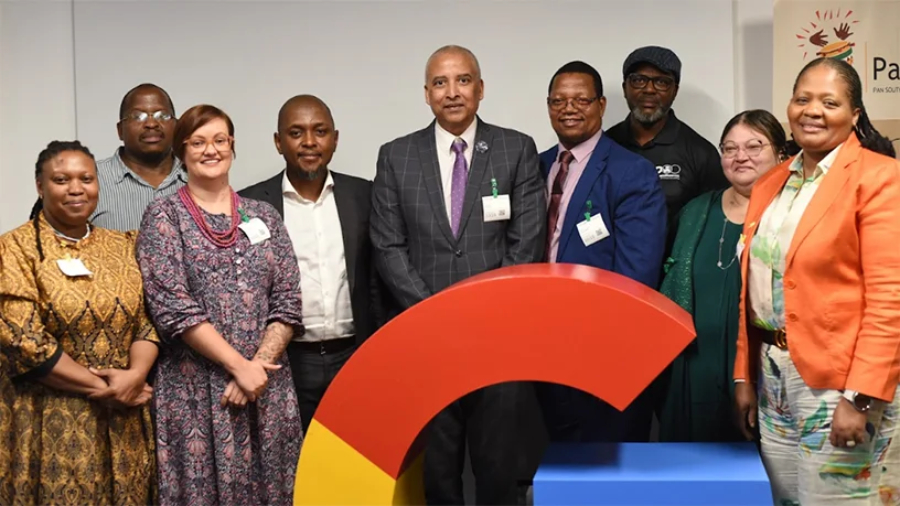Google introduces AI glossary to support African languages in the digital era
Postado por Editorial em 16/10/2025 em TECH NEWSGoogle in collaboration with key stakeholders has launched an AI glossary of 100 AI terms and their definitions in 4 African languages.

Google, in collaboration with the Pan South African Language Board (PanSALB), has launched an artificial intelligence glossary in isiZulu, isiXhosa and Afrikaans, designed to make emerging technologies more accessible to South Africans in their native languages.
The launch coincides with International Dictionary Day, celebrated on 16 October, and aims to equip users with the vocabulary needed to understand and discuss AI concepts beyond English — the dominant language in global technology and science, though spoken at home by only one in ten South Africans.
The glossary features 100 AI-related terms, covering topics such as conversational AI, hallucination (when AI generates convincing but incorrect information), active learning and noisy data, among others. The resource provides clear definitions and standardized terminology for each of the three languages, helping users engage more confidently with digital technologies.
“This initiative is about ensuring everyone has the language to understand and influence the technologies shaping our future,” said Kabelo Makwane, Country Director for Google South Africa.
Developed through a collaborative process involving Google, Twaweza Communications and PanSALB, the project brought together linguists, lexicographers, AI experts, academics and policymakers to ensure the glossary was not just translated, but contextually adapted and culturally relevant for each language.
The new glossary follows a similar initiative for Swahili in East Africa and forms part of Google’s ongoing partnerships across the continent to promote linguistic inclusion and digital literacy.
According to Lance Schultz, CEO of PanSALB, the effort highlights how technology and language development can evolve together:
“By standardising AI terms in local languages, we’re ensuring that South Africans can participate fully in the global digital conversation without losing their linguistic identity.”
The glossary is publicly available and aims to support developers, educators, translators and general users as they navigate the growing influence of artificial intelligence in everyday life.




